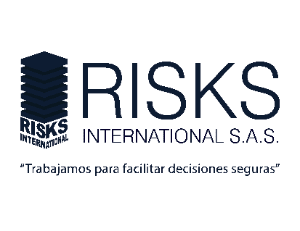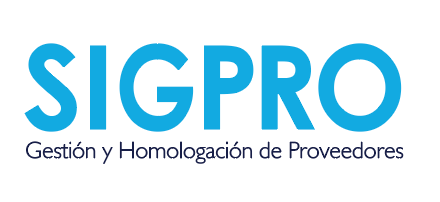
The Supplier Management System is a powerful online tool that allows the registration, validation, monitoring and qualification of suppliers to guarantee quality and trust.
SECTOR INDUSTRIAL
FINANCIAL SECTOR
TRANSPORTATION SECTOR
SECTOR TELCO
SECTOR TIC
SERVICE SECTOR
TEXTILE SECTOR
The Financial System must be a transmitter of Deposits from units with a surplus to units with a deficit. An element of risk occurs in every Financial System, both for investors and for those who accept that investment. Profitability is present in every Financial System.
As an integral part of the economic circuit, the Financial System contributes to the production of a country through its generation of products and intermediation services; as well as the funds that economic agents need to carry out their productive projects, implying that the Financial System.
The industry is the set of processes and activities that aim to transform raw materials into processed products, on a massive scale. There are different types of industries, depending on the products they manufacture.
The industrial or secondary sector is the set of activities that involve the transformation of raw materials through the most varied production processes. Normally, this sector includes the steel industry, mechanical industries, chemicals, textiles, the production of consumer goods, food goods, computer hardware, etc.
This sector includes all the economic activities of a country related to the transformation of raw materials and other types of goods or merchandise.
The food industry, for example, is dedicated to the production of products for food, such as cheese, sausages, preserves, drinks, etc.
For its development, the industry needs raw materials, machinery and equipment to transform them, and human resources.
The cargo transportation and logistics infrastructure sector is a sector dedicated to services, of a transversal nature that incorporates technology represented in vehicles and loading equipment or in intelligent facilities for storage and handling of products, as well as platforms, loading centers or connection points.
There are also possibilities for innovation in the forms and materials of packaging and packaging adjusted to the international standards of each country. Communication technologies such as bar codes, readers, radio frequency equipment or global positioning systems such as the well-known GPS, make up an essential group to provide timely and accurate information between the actors in the different supply chains for export. in Bogotá and the rest of the continent.
The Information and Communications Technology (ICT) sector is usually measured based on the development of its infrastructure or the penetration of services such as mobile telephony and broadband. On these fronts, Colombia has registered constant growth rates in recent years, which has earned the country recognition as one of the Latin American leaders in terms of connectivity and online services.
The analysis of the ICT sector is essential for the approval of suppliers within the ML/TF framework. This analysis allows companies in the ICT sector to identify and mitigate the risks associated with commercial relationships with third parties, protect their assets, comply with rules and regulations and strengthen their reputation and corporate image.
The service sector or tertiary sector is the economic sector that encompasses activities related to non-producing or transforming services of material goods. They generate services that are offered to satisfy the needs of any population in the world.
The textile industry is the industrial sector of the economy dedicated to the production of fibers (natural and synthetic fibers), yarns, fabrics and products related to the manufacture of clothing. Although from a technical point of view it is a different sector, economic statistics usually include the footwear industry as part of the textile industry.
Textile factories are the places where the work and production of different materials takes place. Initially the work is done by women in their homes, then in more or less adequate workshops and finally in factory facilities for spinning and making garments. Currently in Latin America they are called maquiladoras.
Through SIGPRO, supplier information is analyzed, focusing on the following main aspects:
SIGPRO issues a result through a report in which a qualification and a general concept of the result obtained for each supplier is evident.
The supplier that passes this process can place our trust seal on its documents and on its website.
Aspects that we validate in an approval
Reliability.
Your position in the market compared to the competition.
Regulatory compliance in the provision of services and products.
Exact information presented.
Operational Aspects.
Reputation of partners, Shareholders, Representatives and Board of Directors
Administrative structure.
Organizational information.
Quality and safety management.
Contractual experience.
Financial risk analysis.
LAFT validation of the company name, contact persons, partners and/or shareholders and legal representative (first and second level approval).
Our clients recommend us
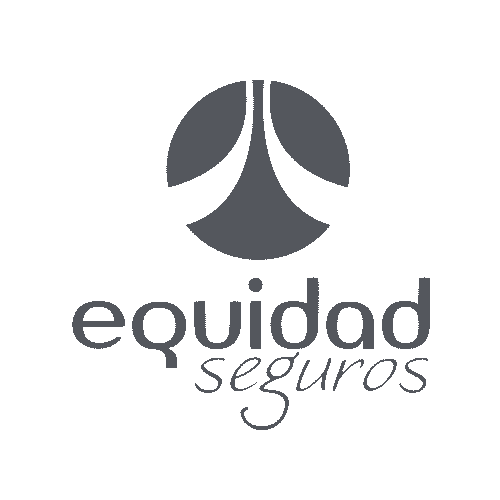
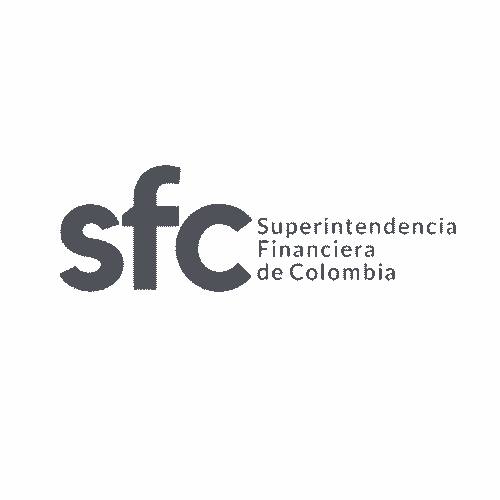
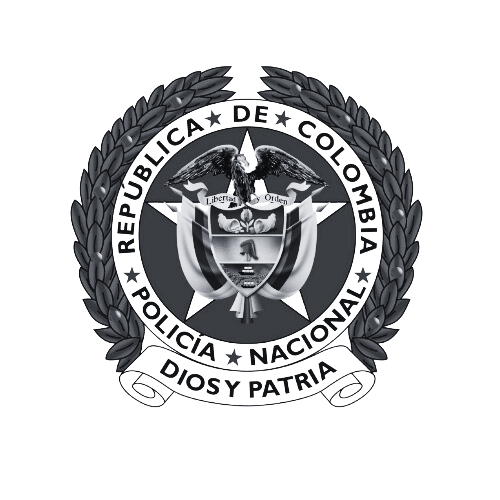
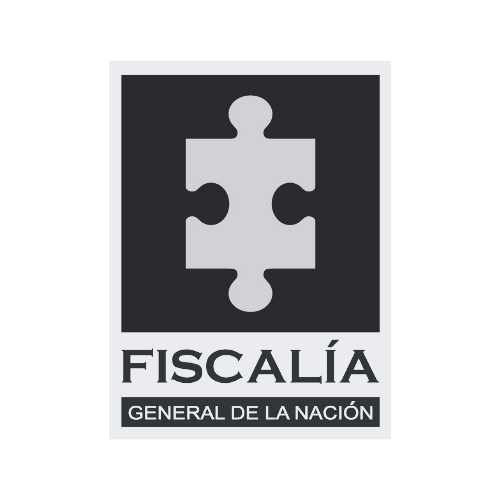
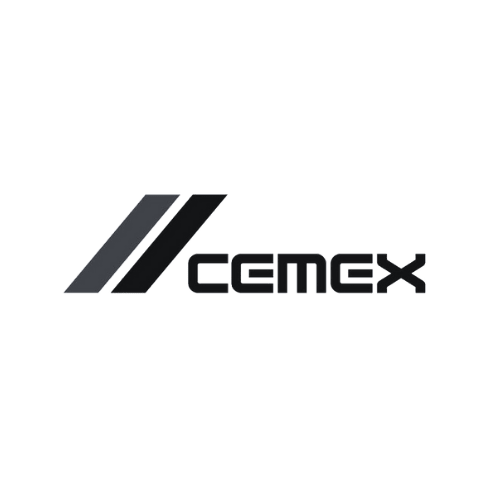
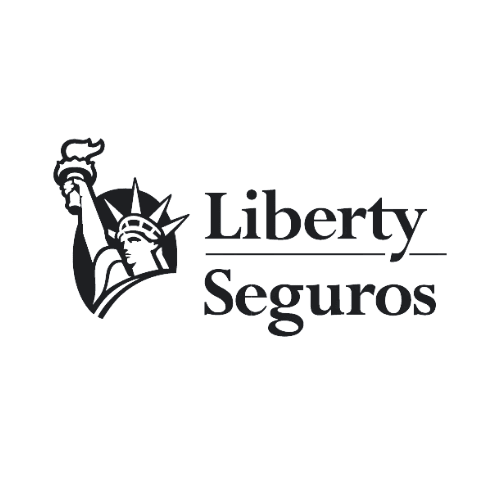
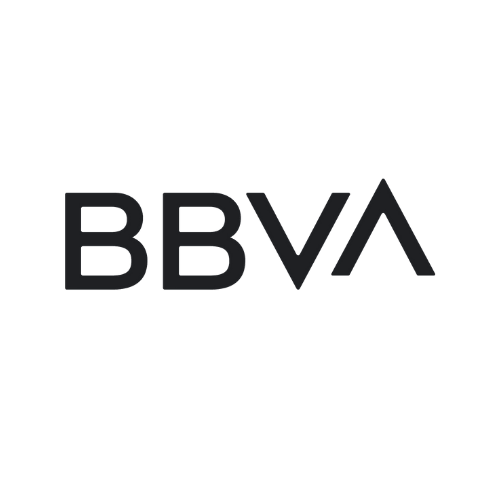
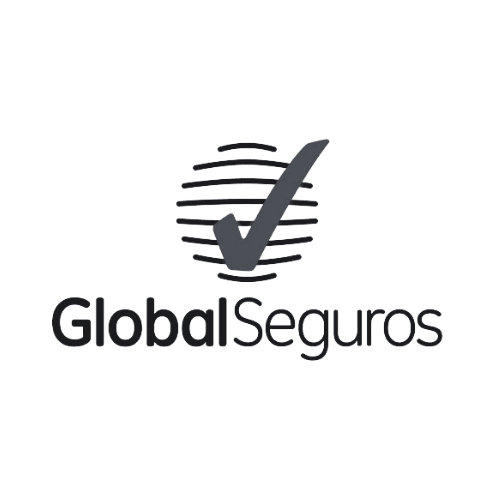
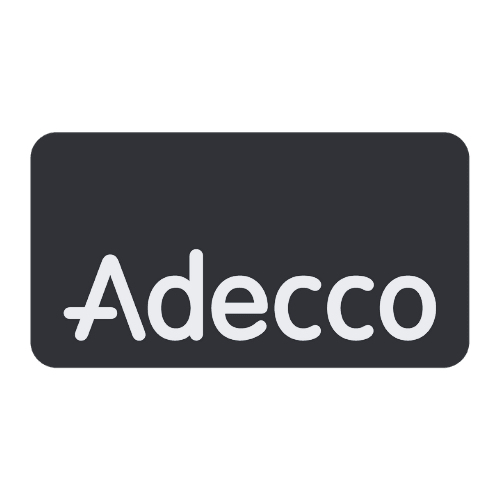
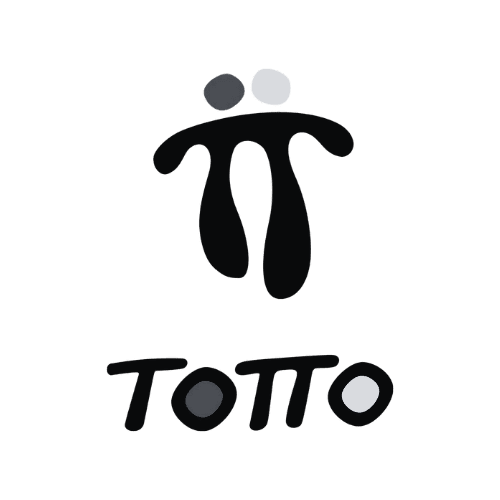
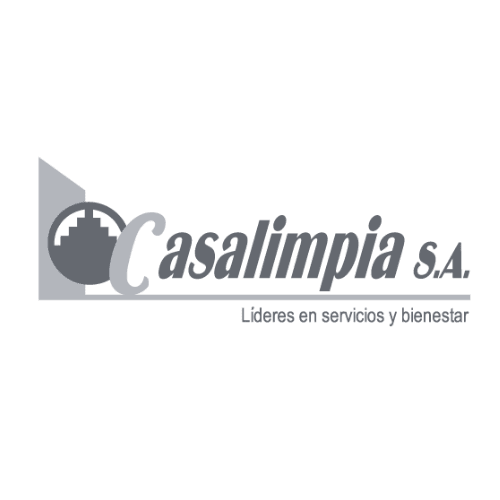
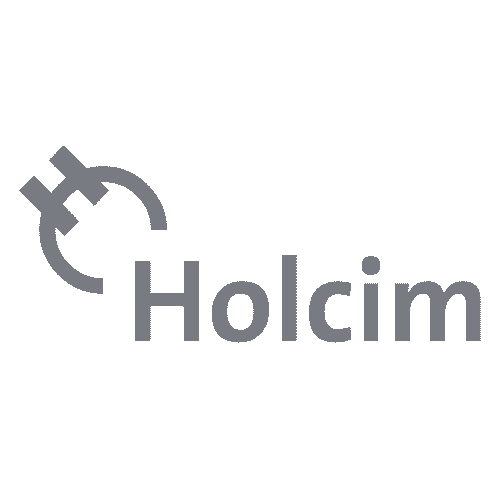
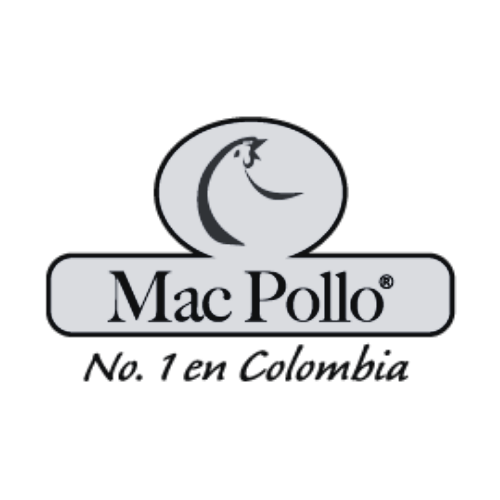
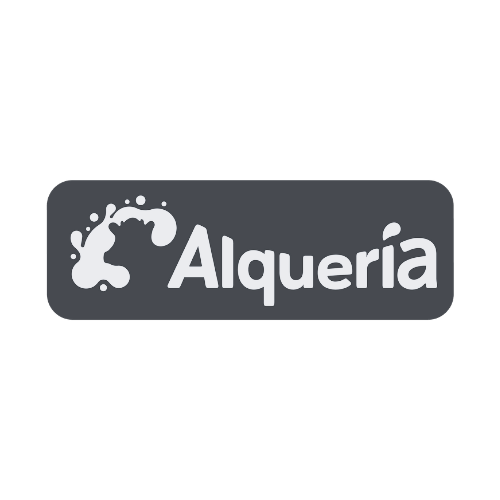


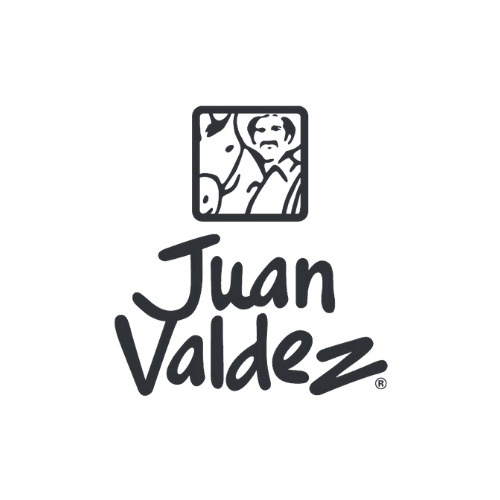
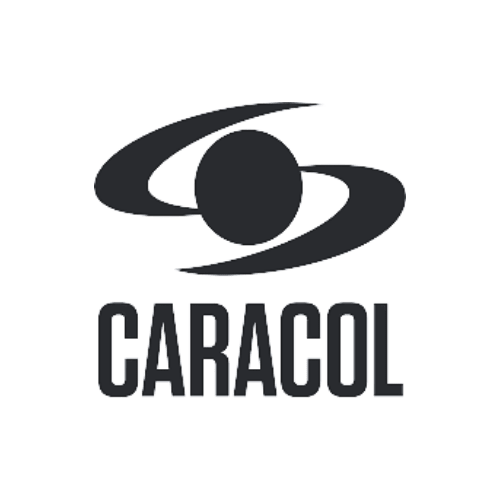
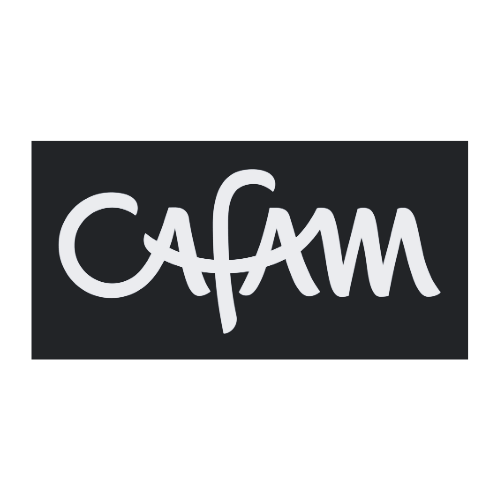
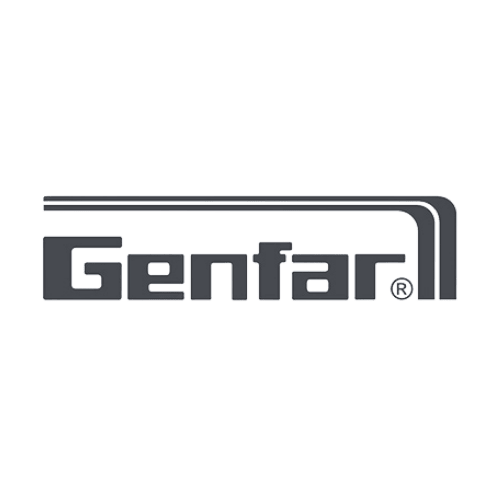
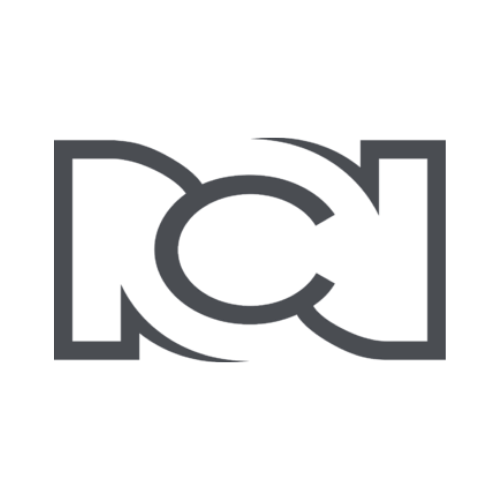

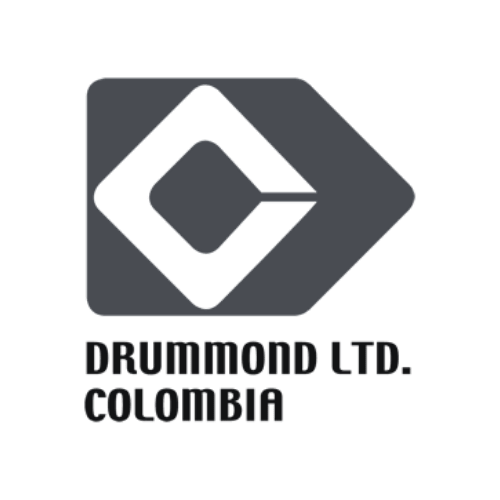
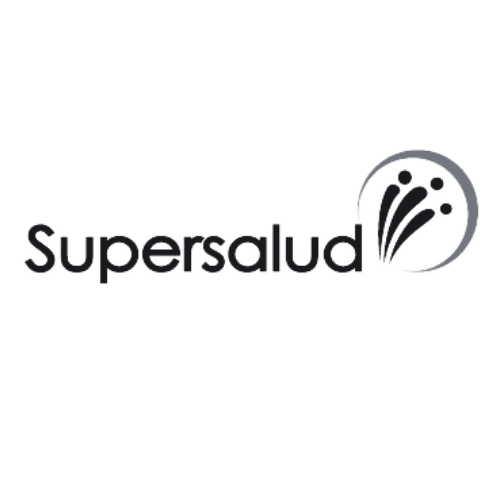
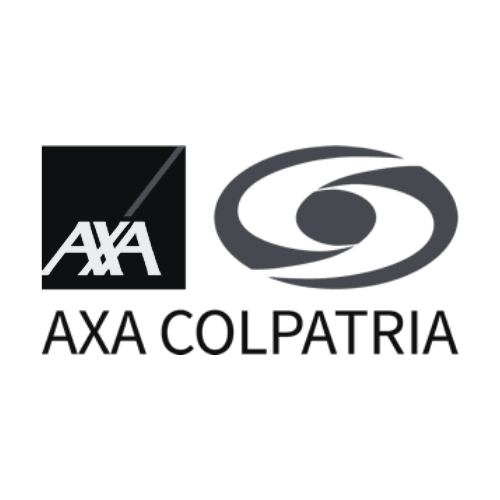
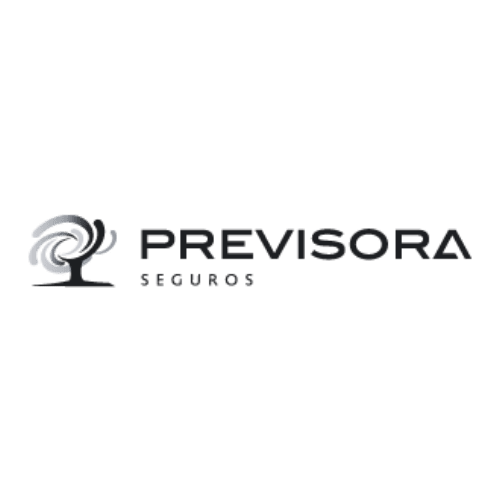
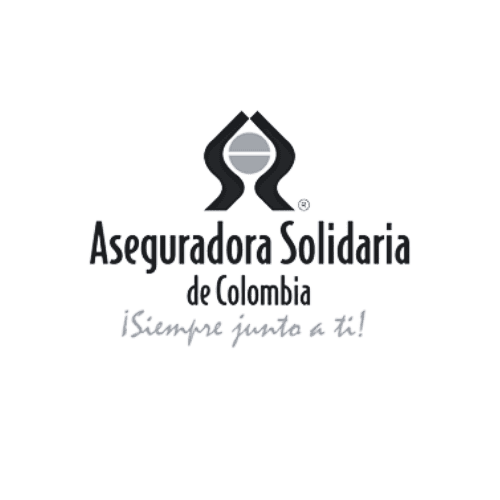
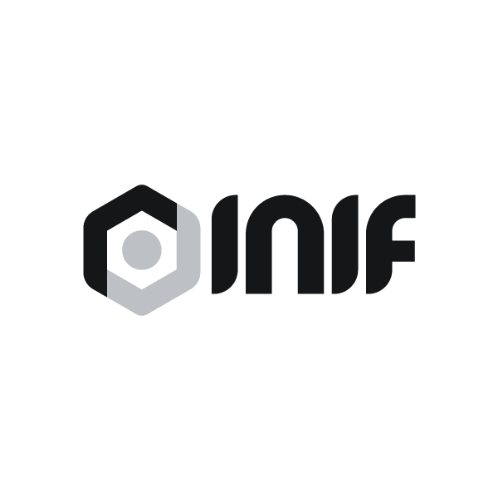
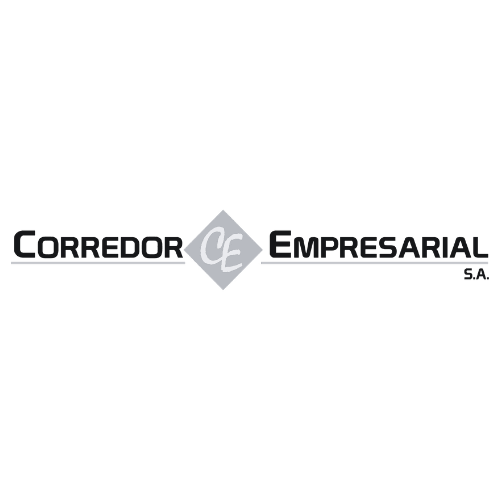

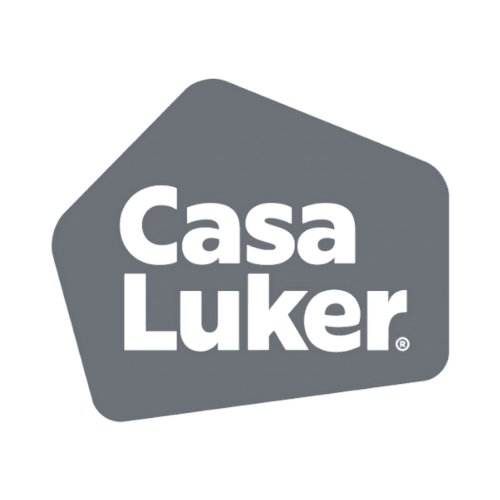
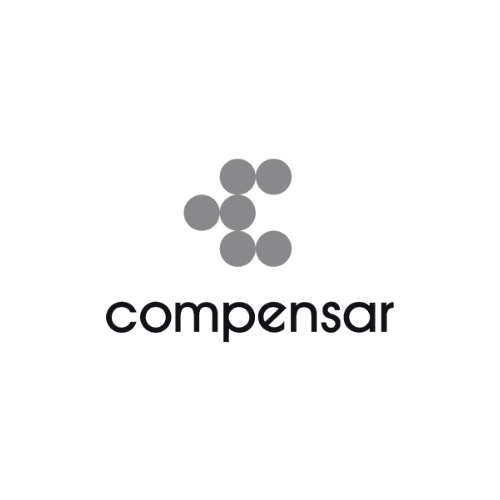
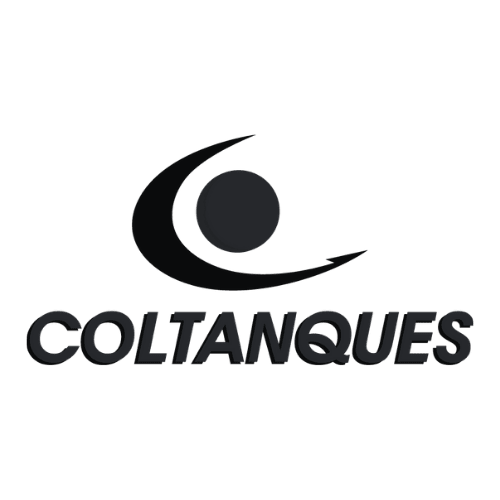
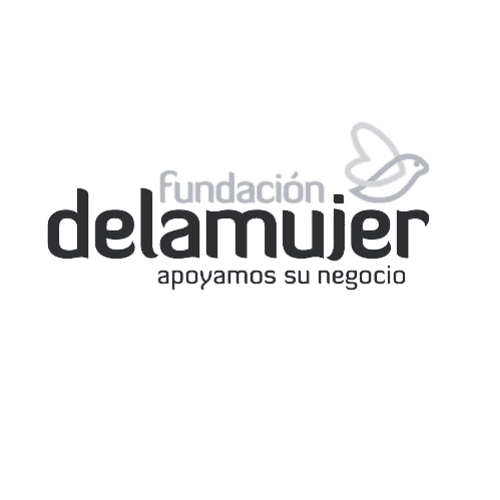
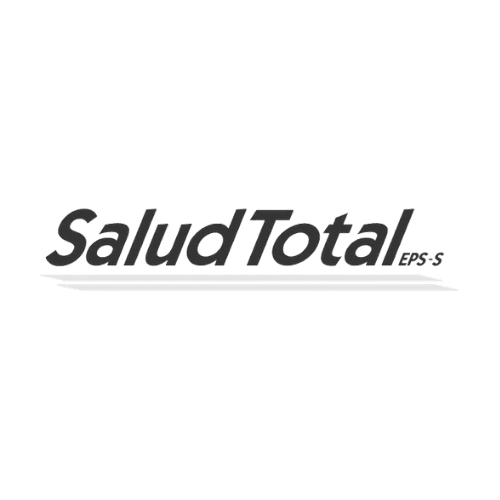
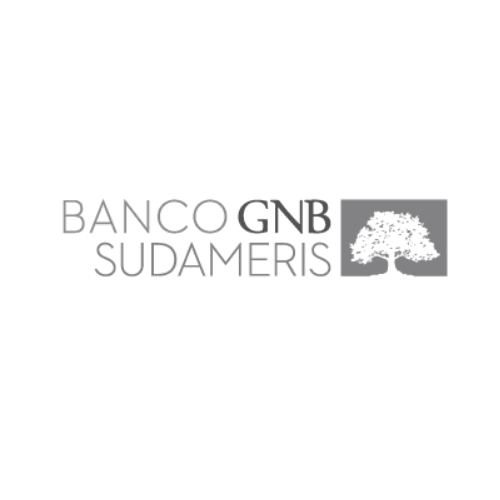

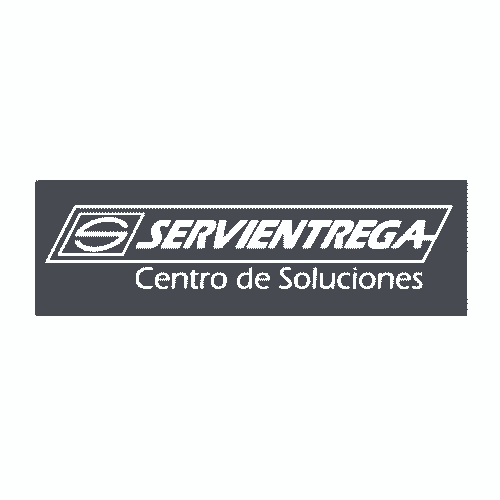
Complete the following form, we will surely contact you as soon as possible.
